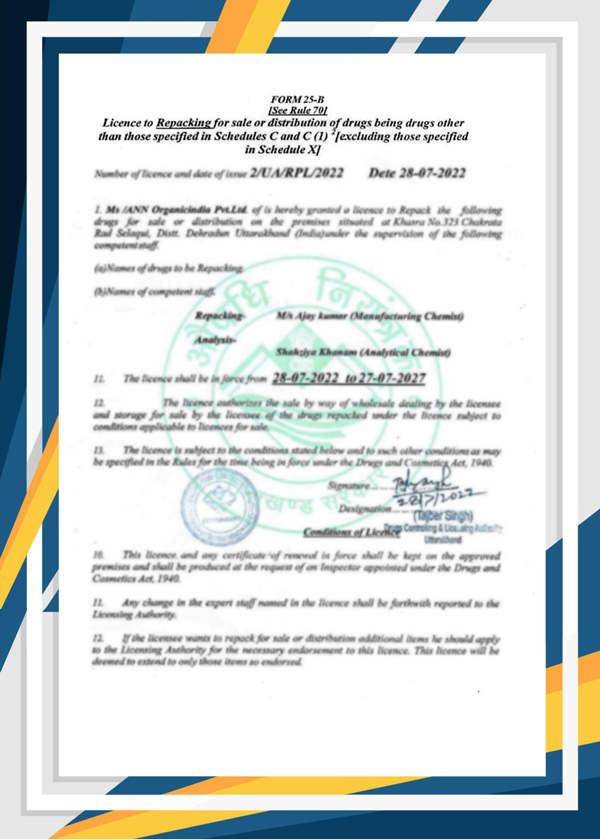Serratiopeptidase Enzyme (EC number 3.4.24.40) is a protease produced by non-pathogenic enterobacterium Serratia sp. E-15, now known as Serratia marcescens. This microorganism was originally isolated from the silkworm. Present in the silkworm intestines, this enzyme helps the emerging moth to dissolve its cocoon. This enzyme is produced by a process called purification from Serratia E-15 bacteria culture. It is clear that the role of the Serratiopeptidase enzyme as a therapeutic agent in oral and maxillofacial surgery is ever expanding and they hold a promising future as a broad-spectrum anti-inflammatory drug with minimal side effects and complications. It is available in powder and granular form with different grades.
Supplement
serrapeptase can be classified as a dietary supplement. It has been used for painful conditions including back pain, osteoarthritis, rheumatoid arthritis, osteoporosis, fibromyalgia, carpal tunnel syndrome, migraine headache, and tension headache.
Maxillofacial/Dental industry
This substance is used mainly in post-traumatic and post-operative inflammatory conditions (mainly after any minor and major oral surgical procedures), or dental infections.

Application of Serratiopeptidase Enzyme
- Serrapeptase enzyme can be classified as a dietary supplement. It has been used for painful conditions including back pain, osteoarthritis, rheumatoid arthritis, osteoporosis, fibromyalgia, carpal tunnel syndrome, migraine headache, and tension headache.
- Serratiopeptidase enzyme aiding in pain relief and a 50% reduction in swelling when administered for knee ligament surgery
Serratiopeptidase Enzymes substance is used mainly in post-traumatic and post-operative inflammatory conditions (mainly after any minor and major oral surgical procedures), or dental infections. - Serratiopeptidase Enzymes have also been used for conditions that involve pain and swelling (inflammation) including sinusitis, laryngitis, sore throat, ear infections, swelling after surgery, swelling of a vein with the formation of a blood clot (thrombophlebitis), and inflammatory bowel disease including ulcerative colitis and Crohn’s disease.




